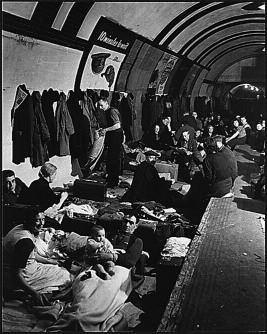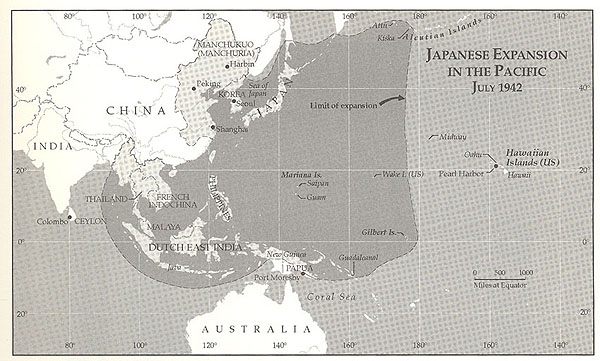The Few
The Battle of Britain was raging. Every resource of Fighter Command was engaged in defense against the attacking Luftwaffe. On August 20 Winston Churchill went before the House of Commons once more to inform and reassure his countrymen. In this speech he coined the phrase “the few” to refer to the fighter pilots of the RAF. The phrase would stick.
The great air battle which has been in progress over this Island for the last few weeks has recently attained a high intensity. It is too soon to attempt to assign limits either to its scale or to its duration. We must certainly expect that greater efforts will be made by the enemy than any he has so far put forth.
The gratitude of every home in our Island, in our Empire, and indeed throughout the world, except in the abodes of the guilty, goes out to the British airmen who, undaunted by odds, unwearied in their constant challenge and mortal danger, are turning the tide of the world war by their prowess and by their devotion. Never in the field of human conflict was so much owed by so many to so few.44
We know from the outcome of this great struggle the effectiveness of a few good men. There are other examples of this phenomenon from previous wars. In biblical times, Gideon faced the army of Midian with thirty thousand of his own troops. God told him that he had too many men. Twenty thousand were dismissed, and, still, God told Gideon that he had too many men. Finally, three hundred were selected to battle the powerful Midianites. God did this to ensure that Israel would know that he had saved them, and not their military might. God also knew that a few good men could be more effective than a nervous horde.
The Lord said to Gideon, “You have too many men for me to deliver Midian into their hands. In order that Israel may not boast against me that her own strength has saved her, announce now to the people, ‘Anyone who trembles with fear may turn back and leave Mount Gilead.’”
—Judges 7:2–3

A British air raid shelter. (National Archives)
